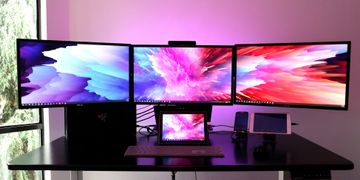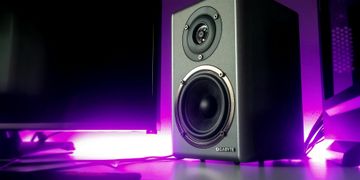How Does a Computer Work: The Basics Everyone Should Know



Have you ever wondered how a computer works? In today's technology-driven world, understanding the basics of computer operation is essential. Whether you are a tech enthusiast or a curious individual looking to expand your knowledge, this article will delve into the fundamental concepts of how a computer functions.
Computer hardware serves as the foundation of any computing device. The CPU (Central Processing Unit) is the brain of the computer, responsible for executing instructions and performing calculations. Memory (RAM) provides temporary storage for data and instructions that the CPU needs to access quickly. Storage devices, such as hard drives and solid-state drives, store data for long-term use.
Software interaction is another crucial aspect of how a computer operates. Operating systems, such as Windows, macOS, and Linux, manage hardware resources and provide a user interface for interacting with the computer. Applications and programs run on top of the operating system, allowing users to perform specific tasks.
Input devices, such as keyboards and mice, allow users to input commands and data into the computer. Output devices, such as monitors and printers, display information and provide tangible results of computer processing.
At the core of computer operation is binary code, the language of computers. Binary is a system of 1s and 0s used by the CPU to process data. Data processing involves manipulating and transforming data through algorithms and calculations to produce meaningful results.
Understanding computer fundamentals is crucial in today's digital age. Whether you are browsing the web, creating documents, or playing video games, having a basic understanding of how a computer works can enhance your overall computing experience. So next time you power on your device, take a moment to appreciate the intricate processes happening behind the screen.





